A Fife woman who once kept her epilepsy a secret is now helping to raise awareness of the condition after turning her life around.
Barbara McLean was diagnosed with epilepsy as a baby and has lived with it all her life.
However, a lack of awareness and understanding in others led to her hiding it as she got older and struggled to hold down a job.
Anxiety and panic attacks followed until Barbara sought help from Scottish charity Quarriers.
And now she has been able to rebuild her confidence, make friends and even raise funds for a Fife epilepsy support group she attends.
Barbara, who lives near Dunfermline, has shared her story with us, including her symptoms, their impact on her mental health and the help she receives from the epilepsy charity Quarriers.
‘I was labelled stupid at school and given the strap’
She said: “If there’s one thing I want to do, it’s raise awareness of epilepsy.
“People see a person who looks perfectly well and they don’t understand it.”
Barbara experiences two different kinds of seizures.
Most people think of epilepsy as the “tonic clonic” seizures which involve a loss of consciousness along with stiffening and jerking of muscles.
However, Barbara also has absence seizures – brief lapses in consciousness that can happen several times a day.
While she was diagnosed with epilepsy just after birth, she did not have a tonic clonic seizure until she was 14.
“Looking back, throughout my childhood I was having absence seizures that affected my memory,” she said.
“I couldn’t concentrate, I was labelled stupid at school and given the strap at five.
Went to court after benefits application was rejected
“As I got older, I kept my condition hidden for so long. When I went for jobs I would keep it a secret.
“I worked in retail but it was difficult.
I’d forget really basic stuff I’d known the day before.”
Barbara McLean.
“Managers would say ‘you’re brilliant but we’re going to have to let you go’. It was brutal.
“I’d forget really basic stuff I’d known the day before.”
Barbara eventually moved in with her sister as she struggled to hold down a job.
She became more and more isolated and was assigned a mental health officer but the impact of her epilepsy was still being overlooked.
An application for benefits was rejected and she had to go through difficult interviews where she was told there was nothing wrong with her.
“In the end, I had to go to court to appeal,” she said.
“When I won, I felt like I’d won the lottery.”
Epilepsy and anxiety go hand in hand
Barbara’s condition is well-managed with medication and she sees a neurologist every year.
She also receives help from an assigned epilepsy nurse.
However, she discovered epilepsy and anxiety go hand in hand and more help was required.
“Just leaving the house is scary because you don’t know if you will have a seizure or not,” she said. “I was taking panic attacks.”
Barbara’s epilepsy nurse referred her to Quarriers Community Epilepsy Outreach and her life began to change.
The service offers support with benefits applications, housing, education and employment.
It also provides training to organisations, businesses and families and runs support group meetings.
Fife epilepsy support group was a turning point and now life is different
Barbara said: “Things are totally different for me now.”
Her support worker answers her questions, helps her fill in forms and persuaded her to attend a support group.
“She came to get me, put me in the car and took me to the group and it was a turning point,” she said.
Six years later and Barbara’s confidence has grown, she has made new friends and has even raised funds for Quarriers by walking over the Forth Road Bridge twice.
However, the biggest change has been in Barbara’s own understanding of the ways epilepsy affects her.
“You can say at the group I’ve been having this or that symptom and then you hear other people have the same symptoms,” she said.
Great friends keep each other going
“I have visions when I have a seizure.
“When I had my first tonic clonic seizure when I was young I felt like I was trying to fit a dinner plate in my mouth. It was scary.
“The first couple of meetings I went to I spoke about it and someone else said it happened to them.
“I thought, oh thank goodness I’m not going mad.
“I’ve made really great friends through the group. I’ve met one lady who I just feel like I’ve known for years.
“We all keep each other going.”
To find out more about the Fife epilepsy support group, contact support worker Leanne Hynes on 01592 644307 or email leanne.hynes@quarriers.org.uk.
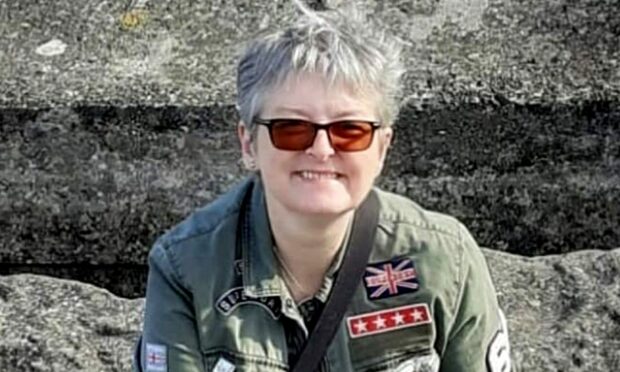
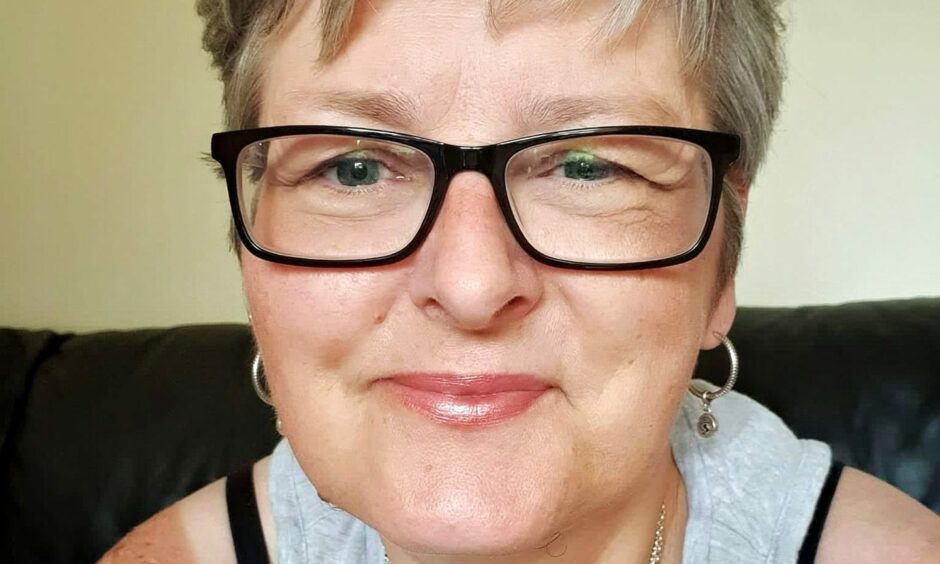
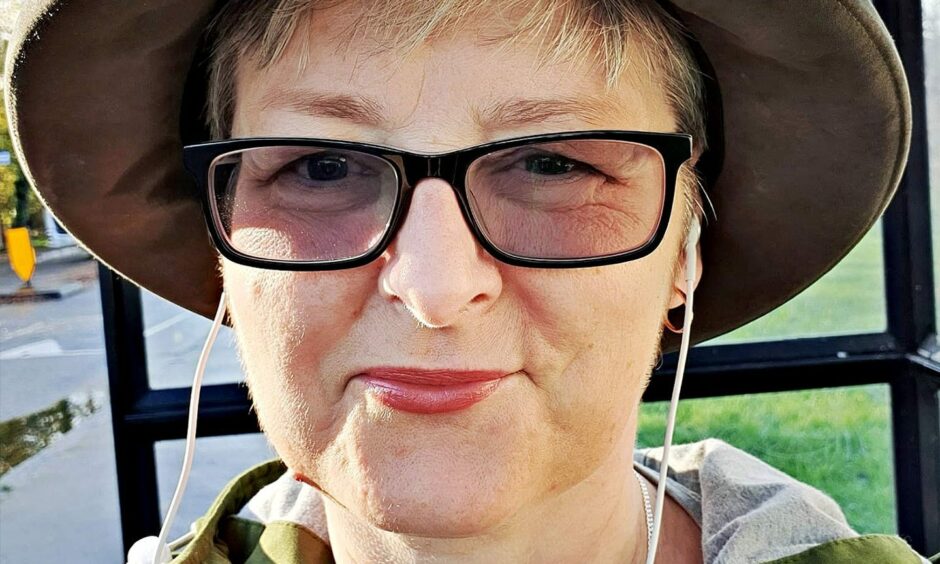
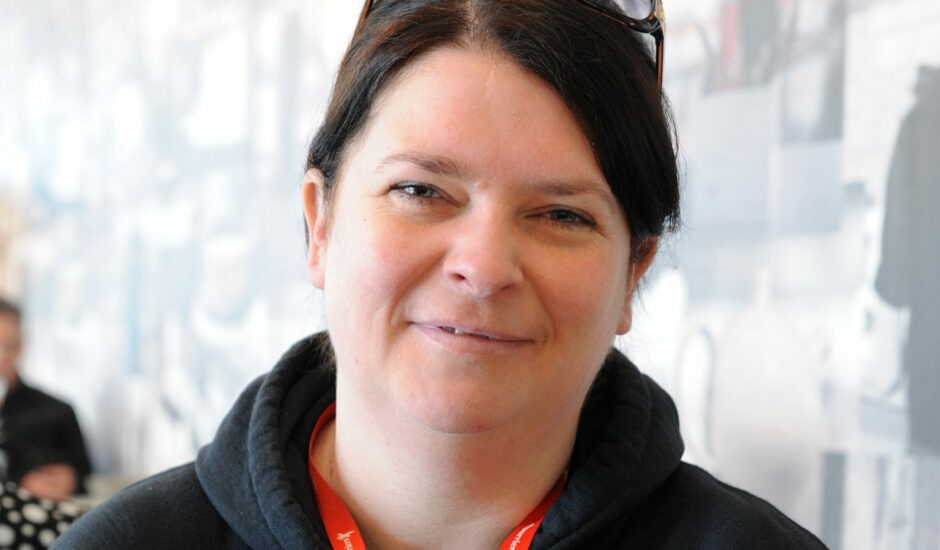
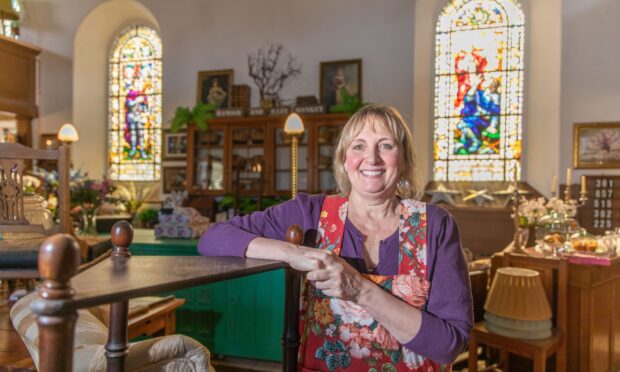
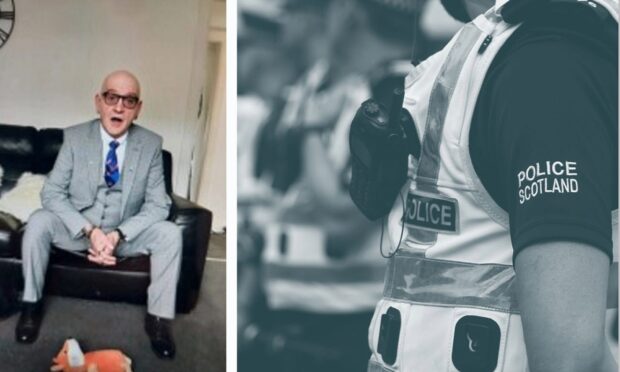



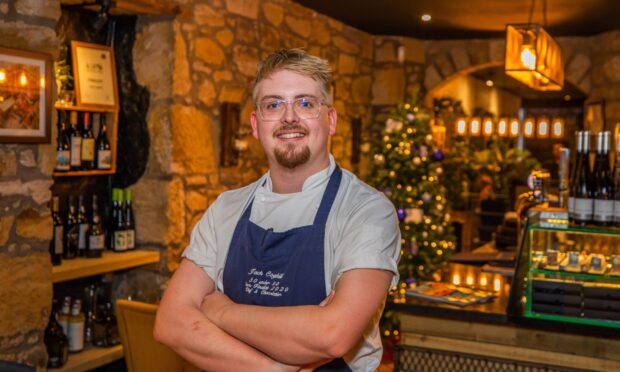


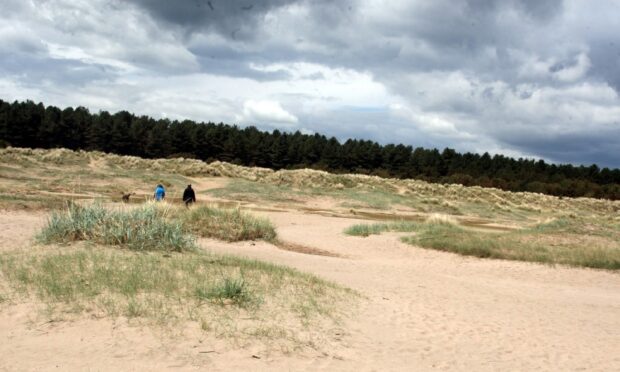
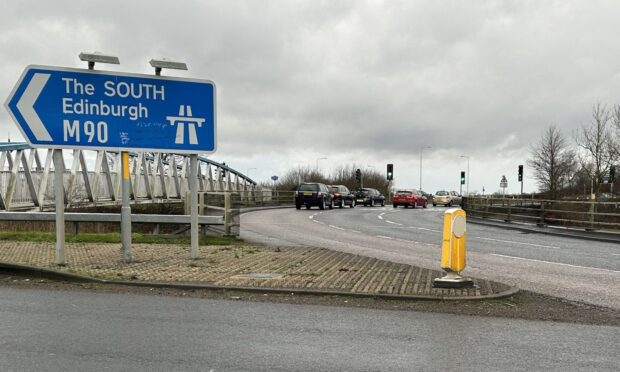
Conversation